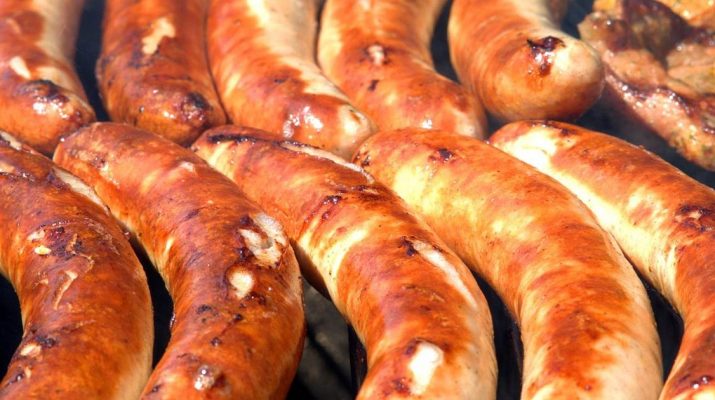The kidneys are bean-shaped organs that perform many important functions. You kidneys are in charge of removing waste through urine, filtering blood, balancing minerals, producing hormones, and maintaining fluid balance. There are many risk factors for kidney disease. The most common are high blood pressure and uncontrolled diabetes.
But, limiting or avoiding certain foods in your diet may help decrease the accumulation of waste products in your blood, improve your kidney function and prevent further damage. Below are 7 foods that you should avoid on a renal diet.
7 Foods You Should Avoid If You Have Bad Kidneys:
1. Canned Foods
Canned foods, including vegetables, soups, and beans, are often purchased because of their convenience and low cost. But, most canned foods contain high amounts of sodium, because salt is added as a preservative to increase its shelf life.
Becuase of the amount of sodium present in canned goods, it is recommended that individuals with kidney disease limit or avoid their consumption. Choosing those labeled “no salt added” or lower-sodium varieties is the best option. Also, rinsing and draining canned foods, such as canned tuna and beans, can decrease the sodium content by 33–80%, depending on the product.
2. Dairy Products
Dairy products, such as cheese, milk, and yogurt, are filled with calcium and increase the level of calcium in your urine. This has been associated with a higher risk of kidney stones. For individuals who already have kidney disease, reducing consumption of dairy has been reported to make the filtering work done by kidneys easier on them. This can delay the need for dialysis.
Butter is a dairy product that is high in saturated fat, which increases the risk of heart disease. Unfortunately, heart disease is a major risk factor for kidney disease, and kidney disease also presents similar risks to the heart. You can switch to olive oil flavored with your favorite herbs for dressing vegetables and topping bread to reduce your reliance on butter.
3. Genetically Modified Organisms (GMOs)
A large percentage of processed foods contain genetically modified organisms (GMOs). But, the long-term health effects of GMO crops on people remain unknown due to the lack of studies. But, studies done on animals indicate that serious health effects are associated with GMOs. These include changes in major organs such as the kidneys.
It is nearly impossible to avoid all of these foods, but it is advise for people to consume a wide variety of foods, and eat processed foods in moderation. “Once you lose kidney function, it becomes very costly and very involved to make up for damage to these important organs. They are important in keeping your body toxin-free.”, according to Sally Brozek, registered dietitian at Piedmont.
4. Meats
Meat have significant amount of protein. Protein is essential to growth processes and the health of your muscles, but, metabolizing it is one of the hardest jobs your kidneys do. Also, a diet that is high in animal-based proteins increases your risk for kidney stones. For these reasons, a high protein diet is not recommended for individuals with kidney disease.
Meat, especially organ meat such as liver, contains high concentration of purine. Purine stimulates the production of uric acid, which is a waste product that is normally processed out by the kidneys. Too much of purine is overwhelming, and can cause stones.
5. Nuts
Are you prone to kidney stones, then, nuts are not a good snack for you. Nuts contain a category of mineral called oxalates, which are present in the most common type of kidney stone. If you have had stones in the past, avoid nuts all together. For healthy people, it is important to be aware of your intake of oxalate-containing foods, including beets, spinach, French fries, potato chips,and bran flakes.
6. Sodas
As per the American Kidney Fund, a recent study suggested that drinking 2 or more carbonated sodas, regular or diet, daily may increase your risk for chronic kidney disease. Energy and carbonated drinks have both been associated to the formation of kidney stones.
7. Sugar
One does not need to have a sweet tooth to indulge in sugar. Sugar is found in most foods, processed or natural, therefore, it is important to be aware of the fact that it is present in abundance.
Fruits are a source of natural sugar, which contain many minerals and vitamins your bodies need. It is foods with added sugars, however, that tend to have low nutritional value scale. It may surprise you that bread, condiments, and other snack foods contain added sugar too.

